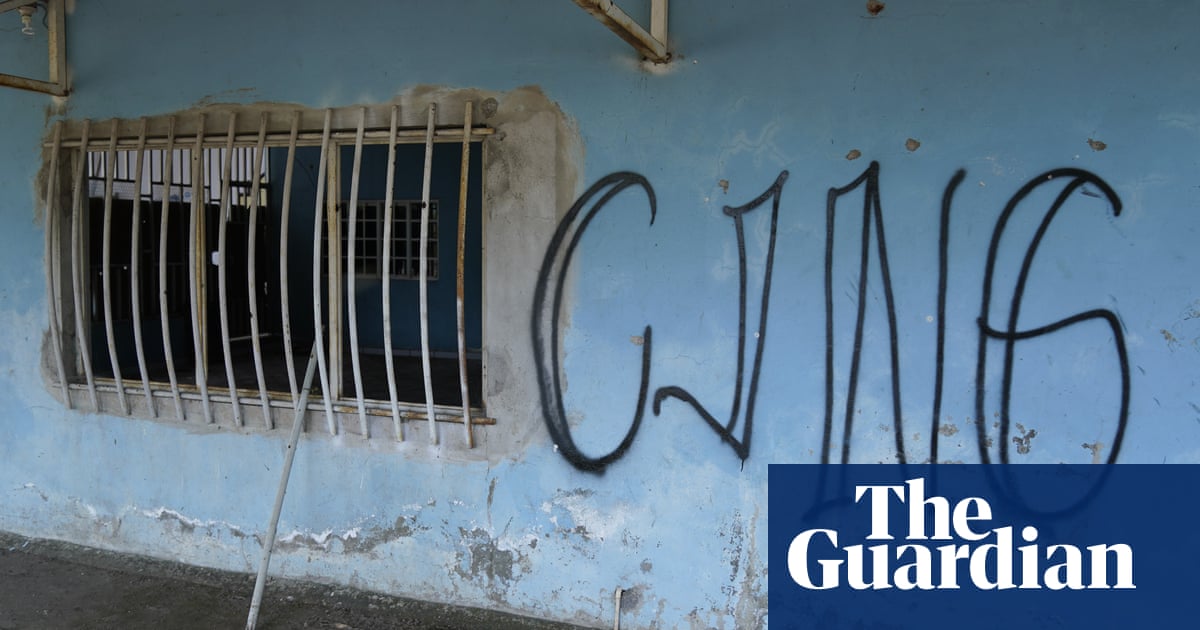The recent indictment of María Del Rosario Navarro marks a significant moment in the ongoing battle against drug cartels and organized crime in the United States and Mexico. This case highlights the complexities of international crime, the implications of designating groups as terrorist organizations, and the broader geopolitical context surrounding drug trafficking.
Motivation Behind the Article
The article aims to underscore the seriousness of U.S. efforts to combat drug cartels, particularly in light of the recent designation of the Jalisco New Generation Cartel (CJNG) as a terrorist organization. It serves as a warning to potential collaborators with such groups, signaling that the U.S. justice system is actively pursuing those involved in the drug trade. The emphasis on Navarro's charges, including arms trafficking and aiding a terrorist organization, seeks to reinforce the narrative that the U.S. will take a hard stance against international crime.
Public Sentiment and Perception
This report is likely to evoke a sense of urgency and concern among the public regarding the threat posed by drug cartels, especially when linked to terrorism. The inclusion of statements from law enforcement officials, such as the FBI director, serves to bolster trust in government actions against organized crime. The article's framing may also reinforce negative perceptions of cartels and their affiliates, fostering a collective fear and a demand for stricter immigration and border control measures.
Information Omission or Concealment
While the article focuses heavily on Navarro and her alleged crimes, it does not delve deeply into the systemic issues that contribute to the rise of such cartels, such as socioeconomic factors, demand for drugs, or the role of U.S. gun manufacturers. By omitting these factors, the report simplifies the narrative into a story of individual culpability rather than a broader commentary on the complexities of drug trafficking and violence.
Manipulative Elements and Reliability
There is a notable degree of manipulation in the language used, particularly in framing Navarro as aligned with a "terrorist" organization. While the facts of the indictment are grounded in legal terminology, the choice of words can evoke emotional responses from the audience. The reliability of the report is bolstered by official sources from the Department of Justice and law enforcement, yet it remains essential to consider it within the broader context of media narratives surrounding crime and terrorism.
Comparative Context with Other News
When compared to other recent articles on drug cartels, this piece fits into a larger trend of U.S. media focusing on the criminalization of drug-related offenses and the portrayal of cartels as existential threats. This alignment with other reports indicates a cohesive narrative strategy aimed at raising public awareness and concern over drug-related violence.
Potential Societal Impacts
The implications of this news could extend into public policy, particularly in immigration and law enforcement practices. It may lead to increased calls for stricter border controls and enhanced cooperation with Mexican authorities. The portrayal of cartels as terrorist organizations could also influence public opinion regarding foreign policy in Latin America.
Target Demographics
This article may resonate more with communities concerned about crime and safety, particularly in areas heavily affected by drug violence. It also appeals to audiences that prioritize national security and support strong law enforcement measures against organized crime.
Market Implications
In the financial sector, companies related to arms manufacturing or those involved in law enforcement technology may see fluctuations in stock prices due to heightened attention on crime and security. The increased focus on cartel activities can impact sectors related to immigration policy and border security, leading to potential investments in security technology.
Geopolitical Relevance
This report has implications for U.S.-Mexico relations and the ongoing challenges in addressing drug trafficking. It is relevant to current discussions on immigration and regional security in Latin America, reflecting broader geopolitical dynamics.
Artificial Intelligence Influence
There is a possibility that AI tools were used in drafting this article, particularly in structuring the narrative and ensuring clarity in conveying legal concepts. AI models could have influenced the tone to align with the serious nature of the topic, aiming to engage the reader effectively.
The combination of emotional language, a focus on national security, and the portrayal of drug cartels as terrorist organizations suggests a deliberate strategy to shape public perception. This article serves to create urgency around the issue of organized crime, reinforcing the idea that such activities pose significant threats to society.
